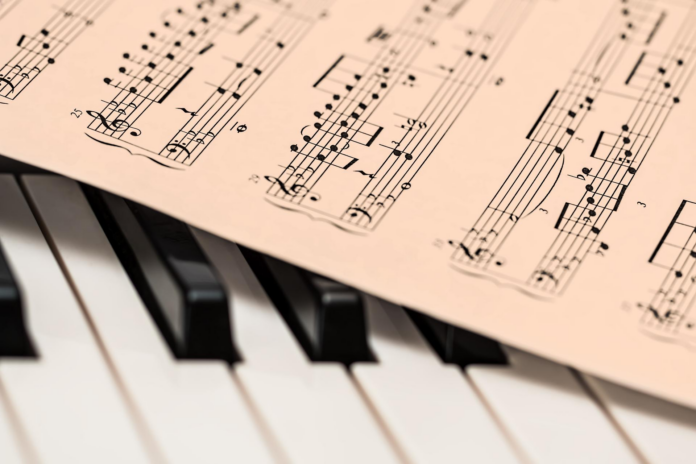An advanced musician can memorize a simple piece in a day or two, while a more complex piece may take a couple of weeks.
It’s important to note that rapid memorization does not necessarily result in long-term retention. Even a simple piece of music learned and played today might not be remembered a week later. It takes weeks or months of systematic work to keep a piano piece in your memory for an extended period.
Here are some tips on how to memorize a piece for playing the piano:
- Break the piece down into small sections: Start by breaking the piece down into small sections and practice each section separately until you can play it without looking at the sheet music.
- Repeat, repeat, repeat: Once you have mastered each section, repeat it several times until it becomes muscle memory. Then move on to the next section and repeat the process until you have memorized the entire piece.
- Visualize the music: As you play the piece, try to visualize the sheet music in your mind. This will help you remember the notes and the structure of the piece.
- Practice away from the piano: Practice away from the piano by visualizing the sheet music and mentally playing the piece, even when you’re not at the piano.
- Use a metronome: When practicing each section, use a metronome to help you maintain a consistent tempo. This will help you internalize the rhythm of the piece and make it easier to memorize.
- Play with expression: As you become more comfortable with the piece, start adding expression to your playing. This will help you remember the emotions and moods of different sections of the piece.
- Practice regularly: Consistent practice is key to memorizing a piece. Set aside time each day to practice the piece and gradually build up to playing it without looking at the sheet music.
- Remember, memorizing a piece takes time and patience. Don’t get discouraged if it takes longer than you expect; keep practicing, and eventually, you will be able to play the piece from memory.

